Brewing Beer At Home!
Hey everyone, what has lockdown taught me? Well one of the benefits for myself is I have learnt to brew my own beer at home, how novel?
Whilst making my first attempt at making some homebrew thought I would take a few pics and blog it.
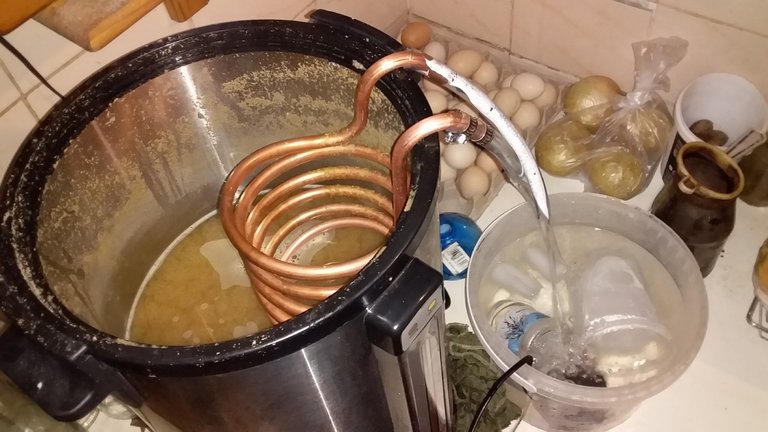
The cool thing about homebrewing beer is there are a few local DIY homebrew stores around to guide you through the process and where you can buy equipment and raw materials for the process, failing which make your own which I did as well!
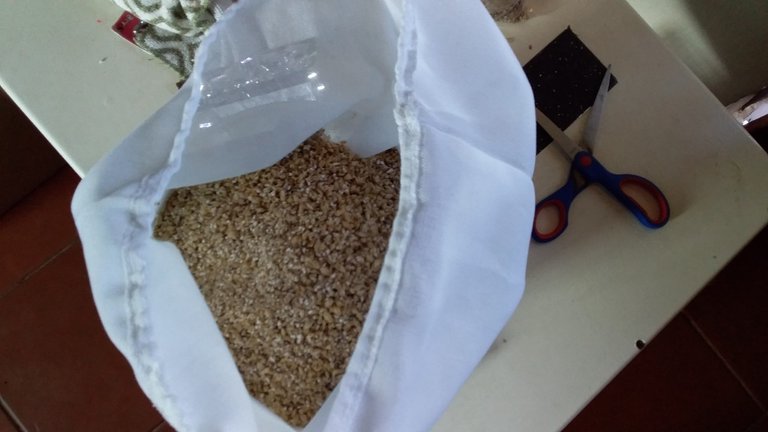
Check out some of the above mentioned brewshops here www.brewmart.co.za www.brewcraft.co.za
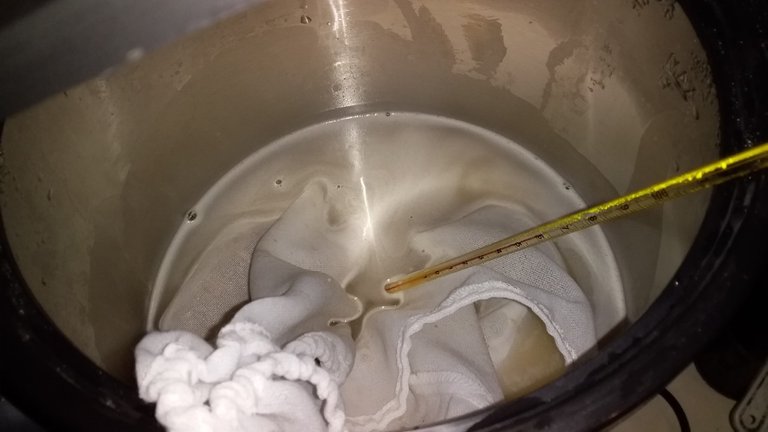
The first pic was taken at the end of the boil, that copper coil which I made from aircon copper tubing, easy to bend ,which I did in the shape of this cooler. I pump water through an ice bucket then the coil which cools the wort (unfermented beer) beer down very fast and effectively, which has to be done to ensure the perfect brewing process and premium beer!
Below we have my hopps which I add to the beer brewing process at 4 intervals. Below the hopp bag and stirrer!
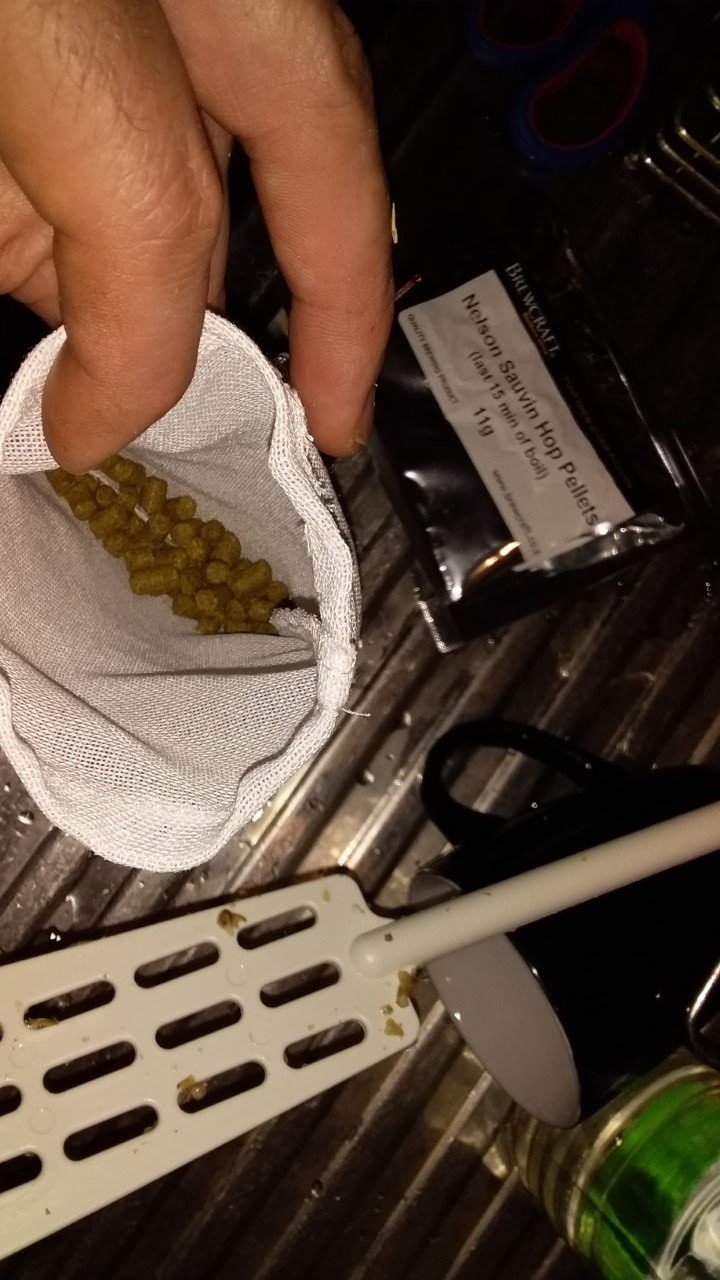
Beer has been brewed domestically throughout its 7,000-year history, beginning in the Neolithic period in Mesopotamia (modern Iraq), Egypt and China. It seems to have first developed as thick beers; during this time meads, fruit wines and rice wines were also developed.
Women brewers dominated alcohol production on every occupied continent[1][2] until commercialization and industrialization of brewing occurred.[3] The tradition of brewing being in the domain of women stemmed from the fact that brewing was a by-product of gathering,[1] and often considered a part of baking.[2]
The Greeks and Romans cultivated both grape wine and beer, to a lesser extent. Roman women often directed production in larger households while the labor was performed by slaves.
By the Tang dynasty, homebrewing seems to have been a familiar domestic chore in China, albeit the lower classes had to make do with poorly-filtered mash.[4] Laws against making alcohol were enacted and repealed between the Zhou and Ming dynasties.[citation needed]
The 18th century Industrial Revolution brought about such innovations as the thermometer and hydrometer. These tools increased efficiency to the point that mass production of beer was possible for the first time in history[citation needed][clarification needed]. In 1857, French microbiologist Louis Pasteur explained the role of yeast in beer fermentation, allowing brewers to develop strains of yeast with desirable properties (conversion efficiency, ability to handle higher alcohol content).
Throughout the first half of the 20th century, homebrewing in the UK was circumscribed by taxation: the Inland Revenue Act of 1880 introduced a 5-shilling homebrewing licence.[5] Chancellor of the Exchequer Reginald Maudling removed the requirement for a brewing licence in 1963.[6] Australia followed suit in 1972 when Gough Whitlam repealed the law prohibiting the brewing of all but the weakest beers in one of his first acts as Prime Minister.[7]
In 1920, due to Prohibition, breweries across the United States were closed down or began making malt for other purposes. The Homebrewing of beer with an alcohol content higher than 0.5% remained illegal until 1978 when Congress passed a bill repealing Federal restrictions and excise taxes,[8] and President Jimmy Carter signed the bill, H.R. 1337, into law.[9] Within months of homebrewing's full legalization, Charlie Papazian founded the Brewers Association and American Homebrewers Association. In 1984, Papazian published The Complete Joy of Home Brewing which remains in print alongside later publications such as Graham Wheeler's Home Brewing: The CAMRA Guide. More here as per wikipedia.org https://en.wikipedia.org/wiki/Homebrewing
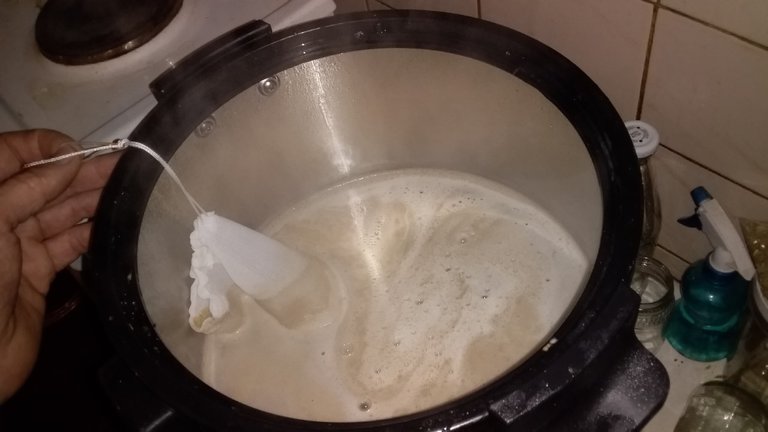
Above we have my wort which has been going at 67 degrees and about to be turned up to boil for an hour as well as the addition of the first batch of hopps.
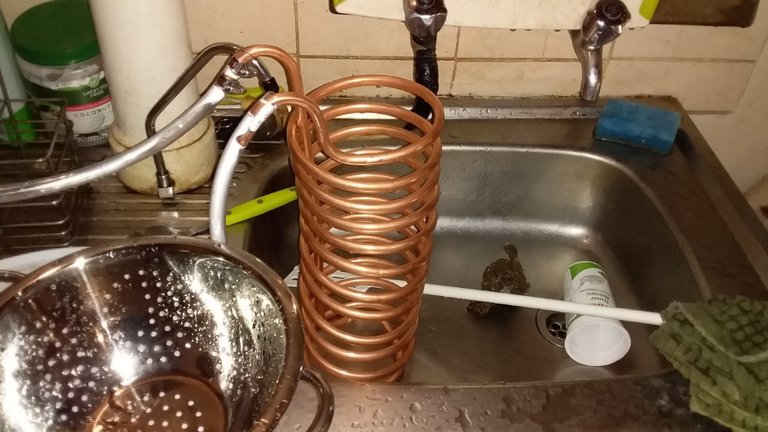
Another good brewing 'hack' is using an urn. These cost a fraction of the price of stainless steel beer kettles and they have everything you need for the boiling process in terms of temperature controller and settings, no stove needed!
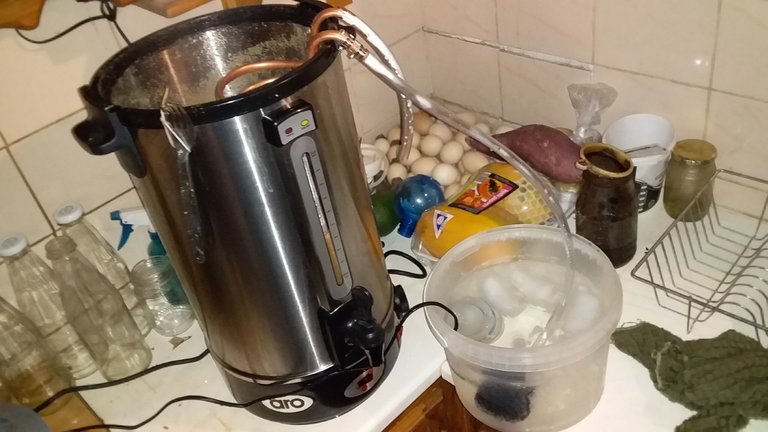
The first rule of brewing is SANITIZE well, if not you will end up with spoilt beer, as this process is rather costly and extensive (3 weeks) you want to avoid this at all costs. Hot boiling or rinse free detergents and sanitizers available at above said brewshops!
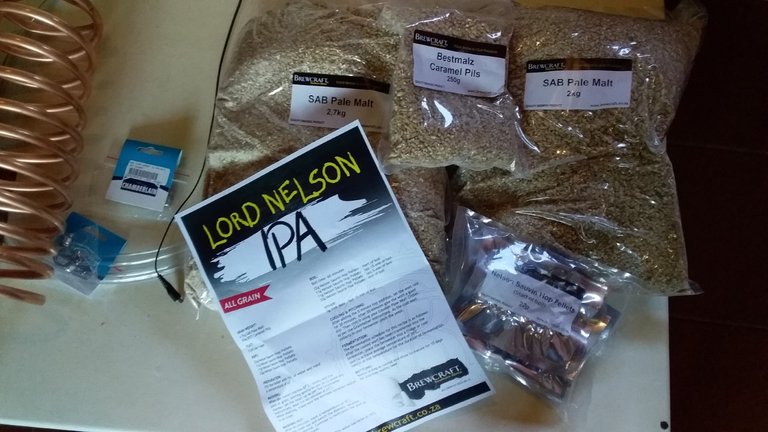
Here we have my brew kit with hopps, barley, malt as well as the step by step recipe, perfect for beginners like myself.
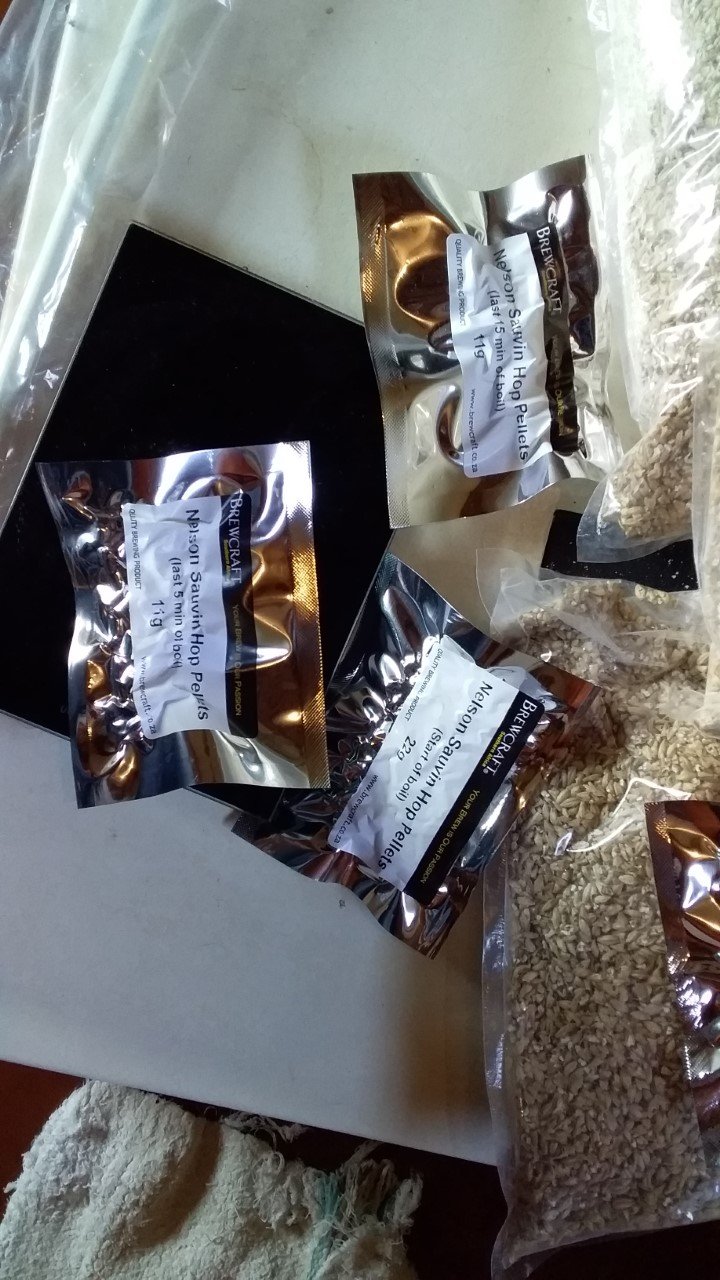
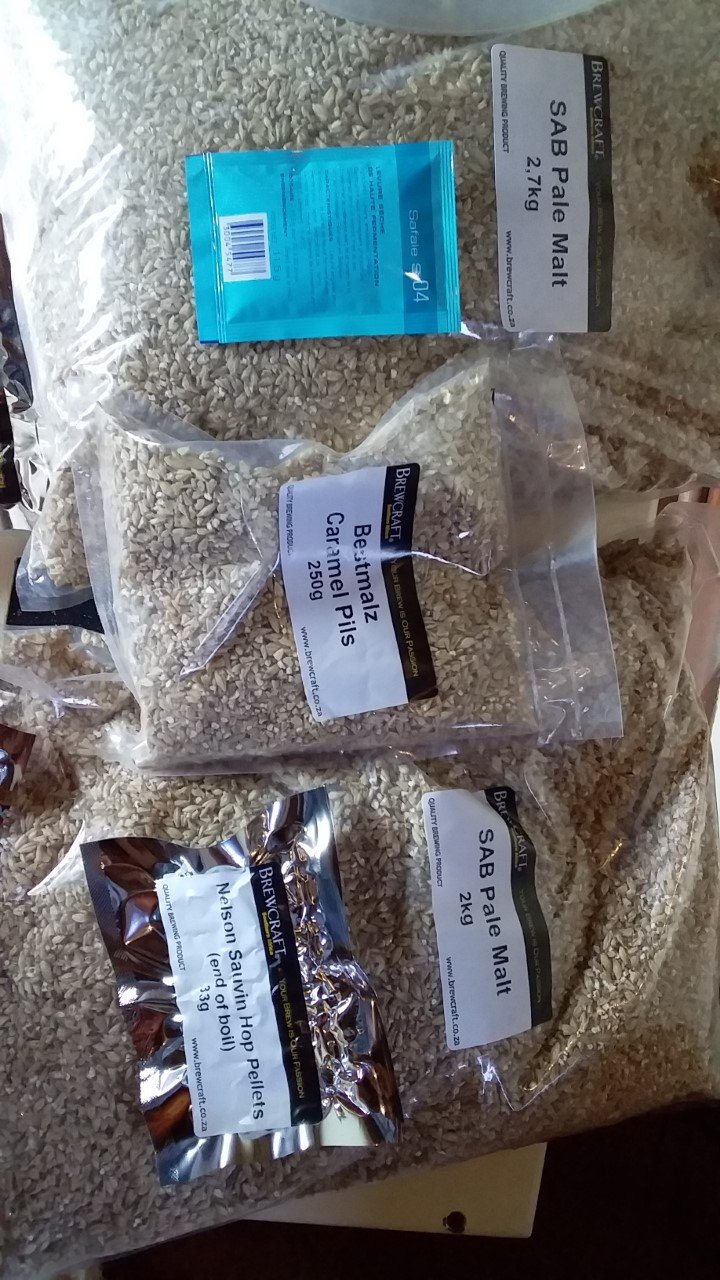
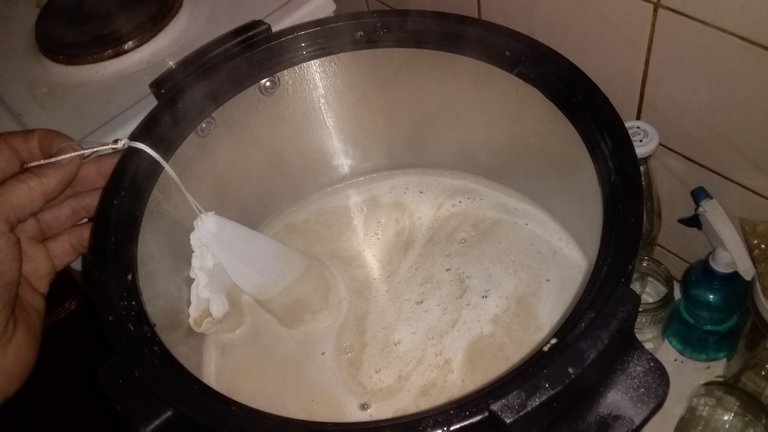
All done and dusted I now decanted the final cool wort into the fermenter, this will sit for 10 days odd once fermentation is fully complete I will then add 4 grams of brewing sugar to the bottles to carbonate the beer, read more here as per wikipedia.org Carbonation
Upon conclusion of fermentation, the beer is carbonated before it is consumed. This is typically done in one of two ways; force carbonation in a keg using compressed carbon dioxide, or bottle carbonation with priming sugar.[57] Any bottle that is able to withstand the pressure of carbonation can be used, such as used beer bottles, flip-top bottles with rubber stoppers such as Grolsch, or even plastic bottles such as soda bottles, provided they are properly sanitised. Priming briefly reactivates the yeast that remains in the bottle, carbonating the brew.[63] Homebrewed beers and lagers are typically unfiltered[64] (filtering improves visual appearance of the product, but complicates carbonation). Bottled beer becomes clear quicker than kegged beer, since the yeast does not have as far to descend.[65]
File:Beer-bottling.webm
A video of the homebrewing bottling process: after primary fermentation, the brewers add additional sugar for producing carbonation, transfer the beer to clean bottles, and seal the bottles with crown caps. (3 minutes 9 seconds)
In homebrewing, adding priming sugar, malt extract, or carbonation tablets at bottling time to beer that has had its fermentable sugar content totally consumed is the safest approach to carbonation. Exceeding recommended levels of priming sugar for a given recipe can result in exploding bottles (aka "bottle bombs"), as is using inappropriate bottles or improper capping methods. Beer may also be force-carbonated using a keg and special bottling equipment so that the carbonation level can be carefully controlled. Carbonation is often achieved with approximately 4oz of corn sugar boiled in 2 cups of water then cooled and added to a typical 5 gallon batch before bottling.[66]
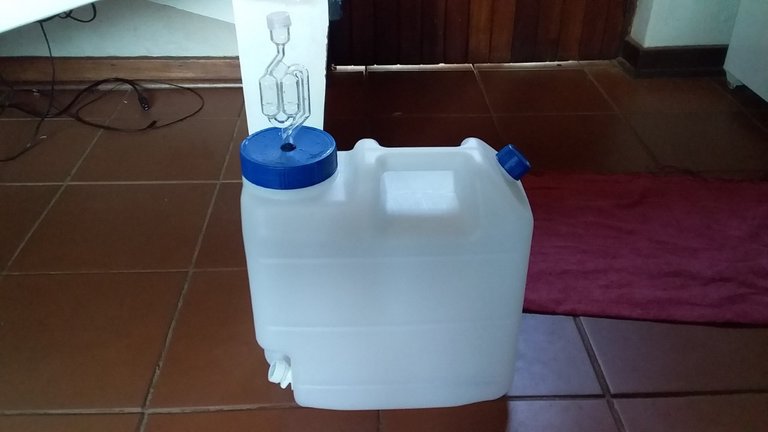
Above pic we have my beer fermenter in which the wort will sit for around 10 days.
That little translucent pipe is an airlock which prevents nasty airborne anomalies entering the fermentation chamber whilst allowing for carbon dioxide to escape (no explosions)
This Sunday I shall be bottling this batch, I will leave it in the bottles another week to carbonate, chill for a day and then drink.. Should be rather festive indeed. My next batch I will be trying an epic honey beer. I shall do regular updates!
I trust you have an amazing Wednesday.
Be blessed, love and light.
Cheer$;)
Welcome to this hobby, perhaps I will bump into you at one of these shops one day, as I also use them for my !BEER supplies!!! I did not think about aircon pipes for my cooler, I just put the entire bucket into the swimming pool!!
Lol wort cooler works a dream bro... What do you brew? How do i get it clear finings dont work too well? Cheer$:)
View or trade
BEER.Hey @craigcryptoking, here is a little bit of
BEERfrom @rynow for you. Enjoy it!Learn how to earn FREE BEER each day by staking your
BEER.haha thanks a mil. Cheer$:)
Oh!! Yes, please! I had no idea you did that! This was an epic post and thank you for showing it off! I look forward to the honey beer!!!
Upped and Reposted
!tip
hehe my friend you are the best long time are you well? You don't post much anymore what is going on? Be blessed.. mwah
🎁 Hi @craigcryptoking! You have received 0.1 HIVE tip from @dswigle!
Check out @dswigle blog here and follow if you like the content :)
Sending tips with @tipU - how to guide.
Yay thanks so much ! Cheer$;)
I've seen how it is done in TV but never like this. Is that legal in your country?
haha it is... although who cares about government and their draconian laws its all lies and BS right.. hehe .. Cheer$;)